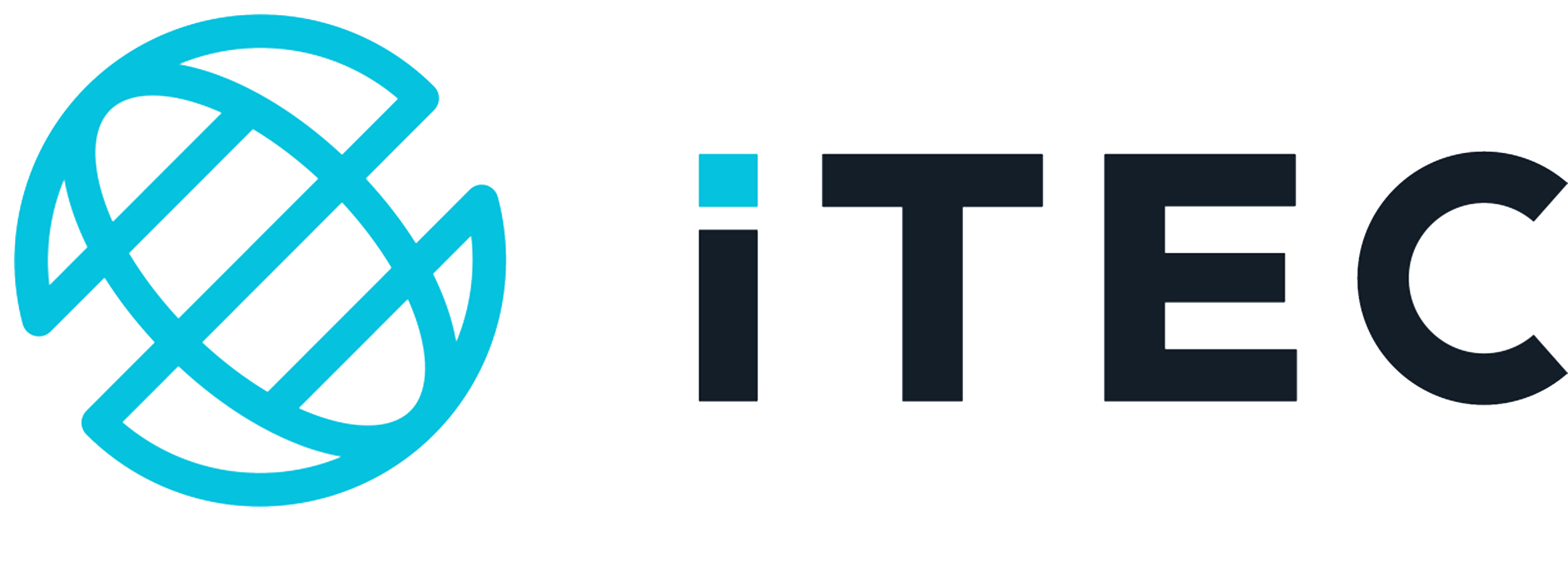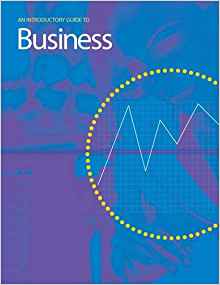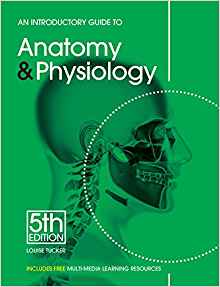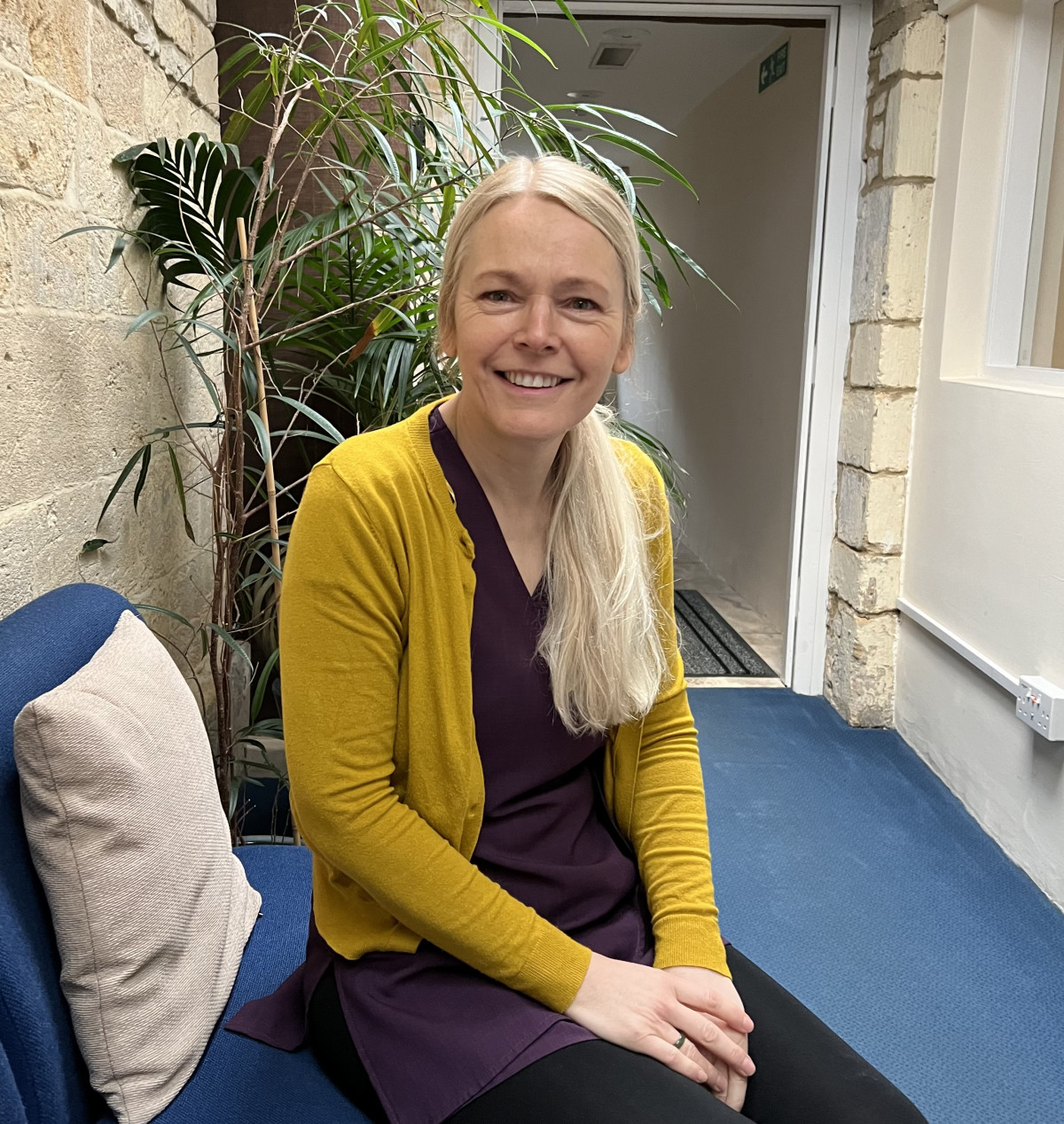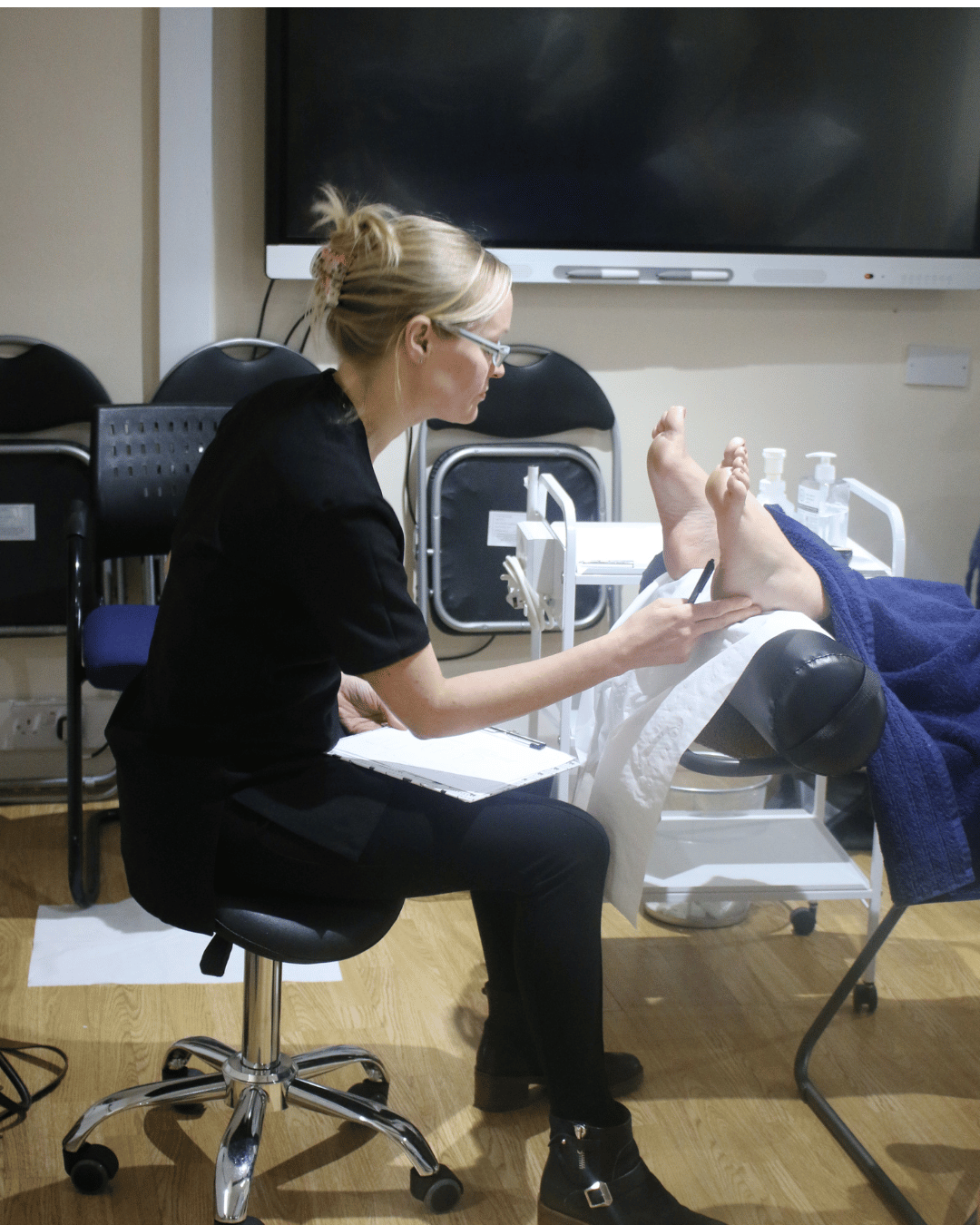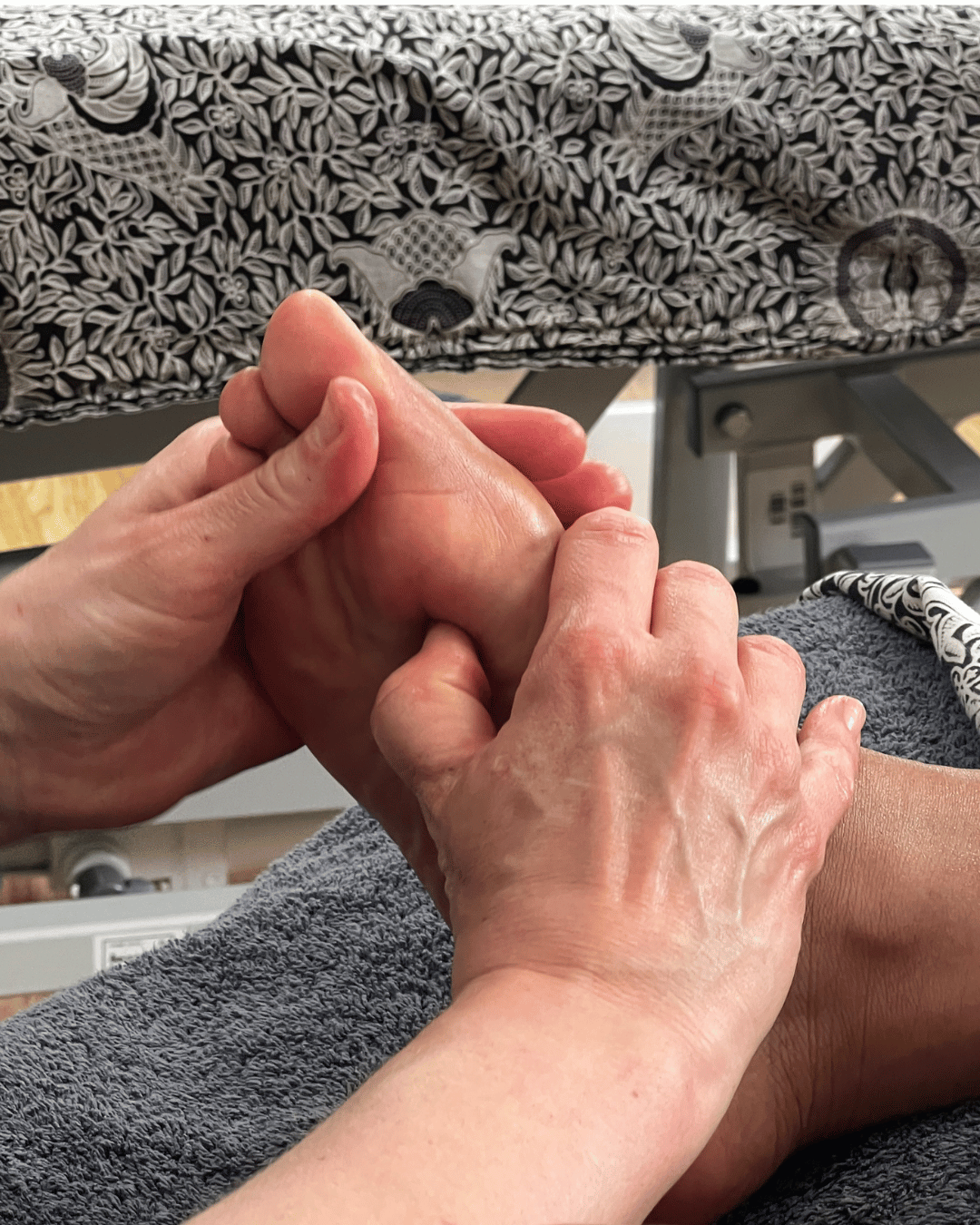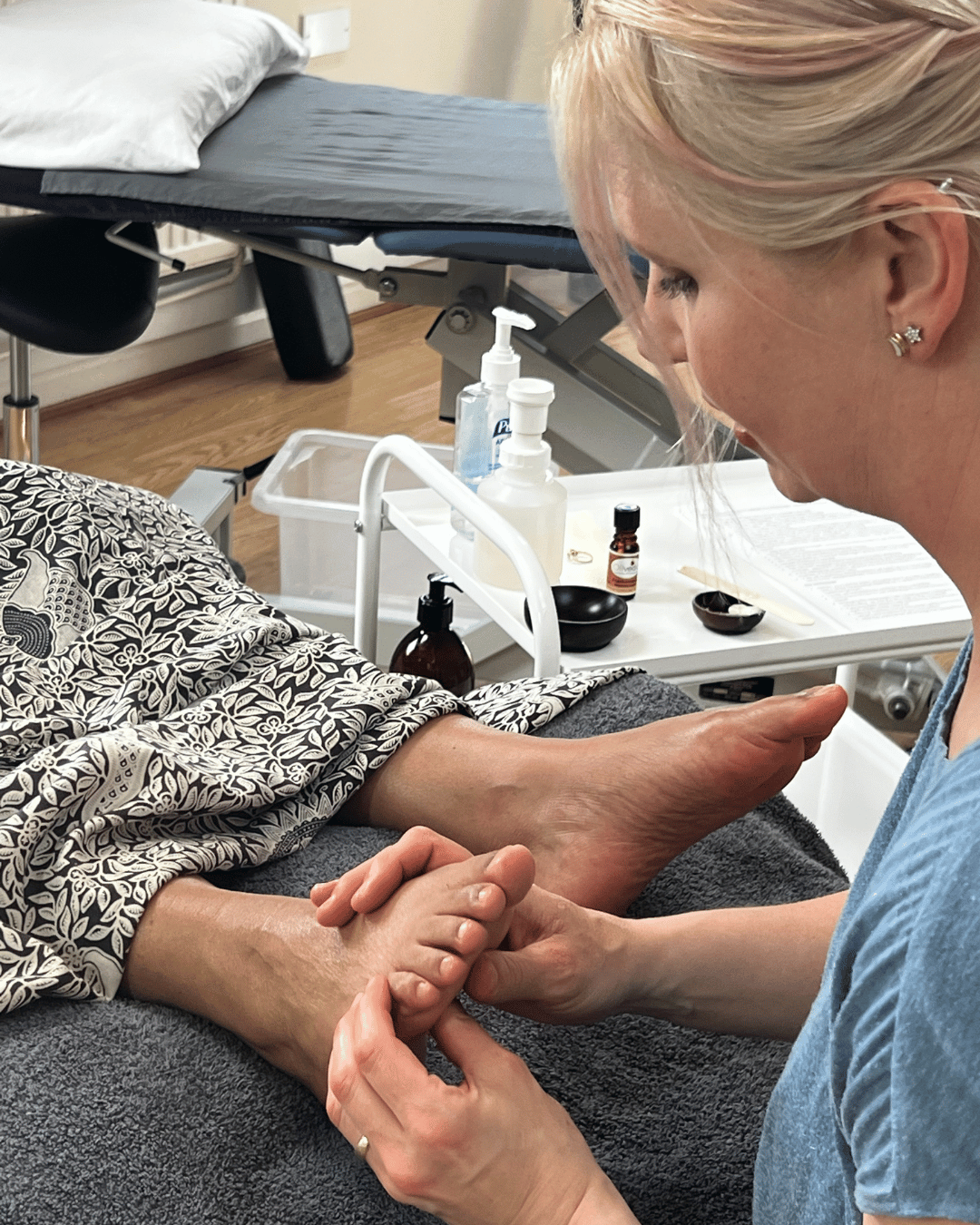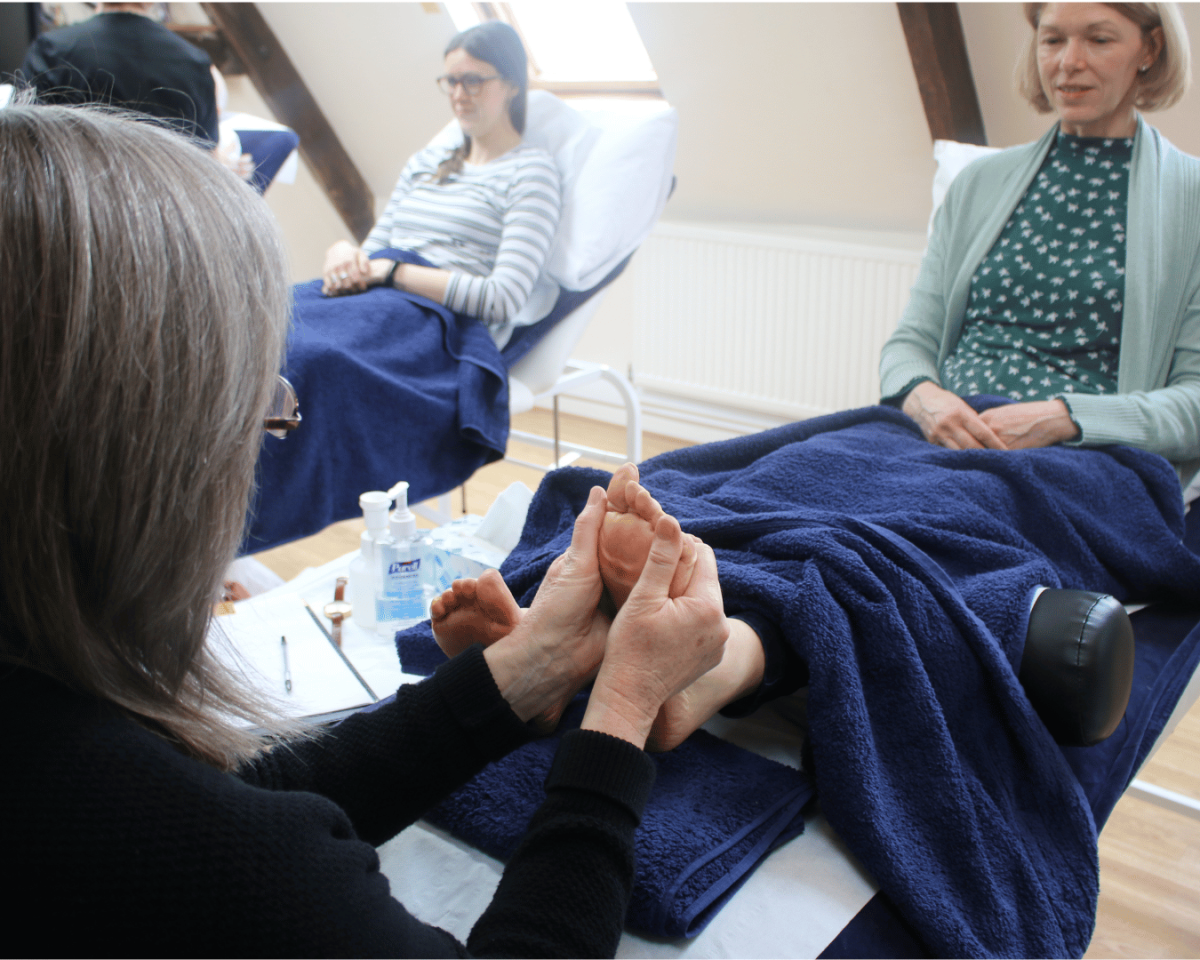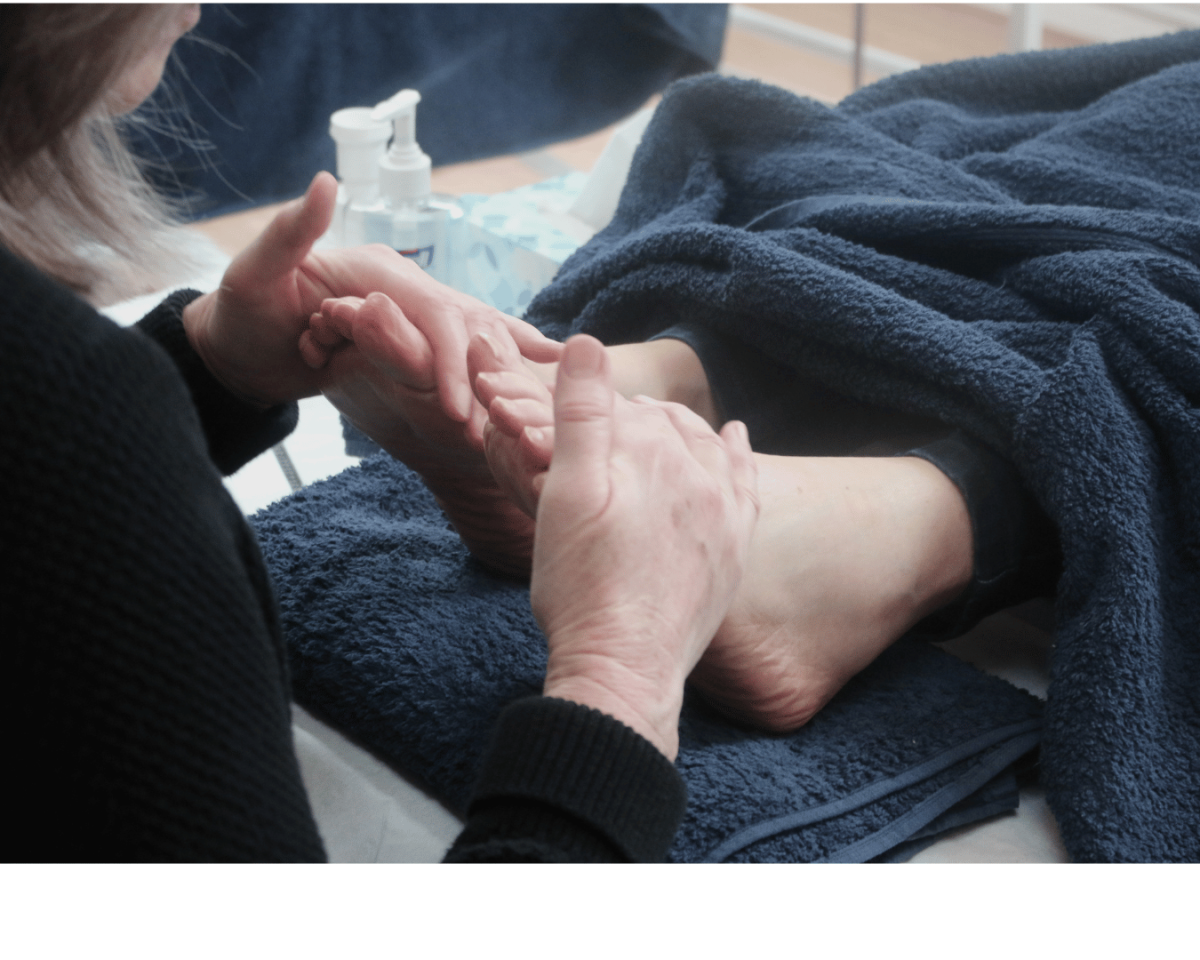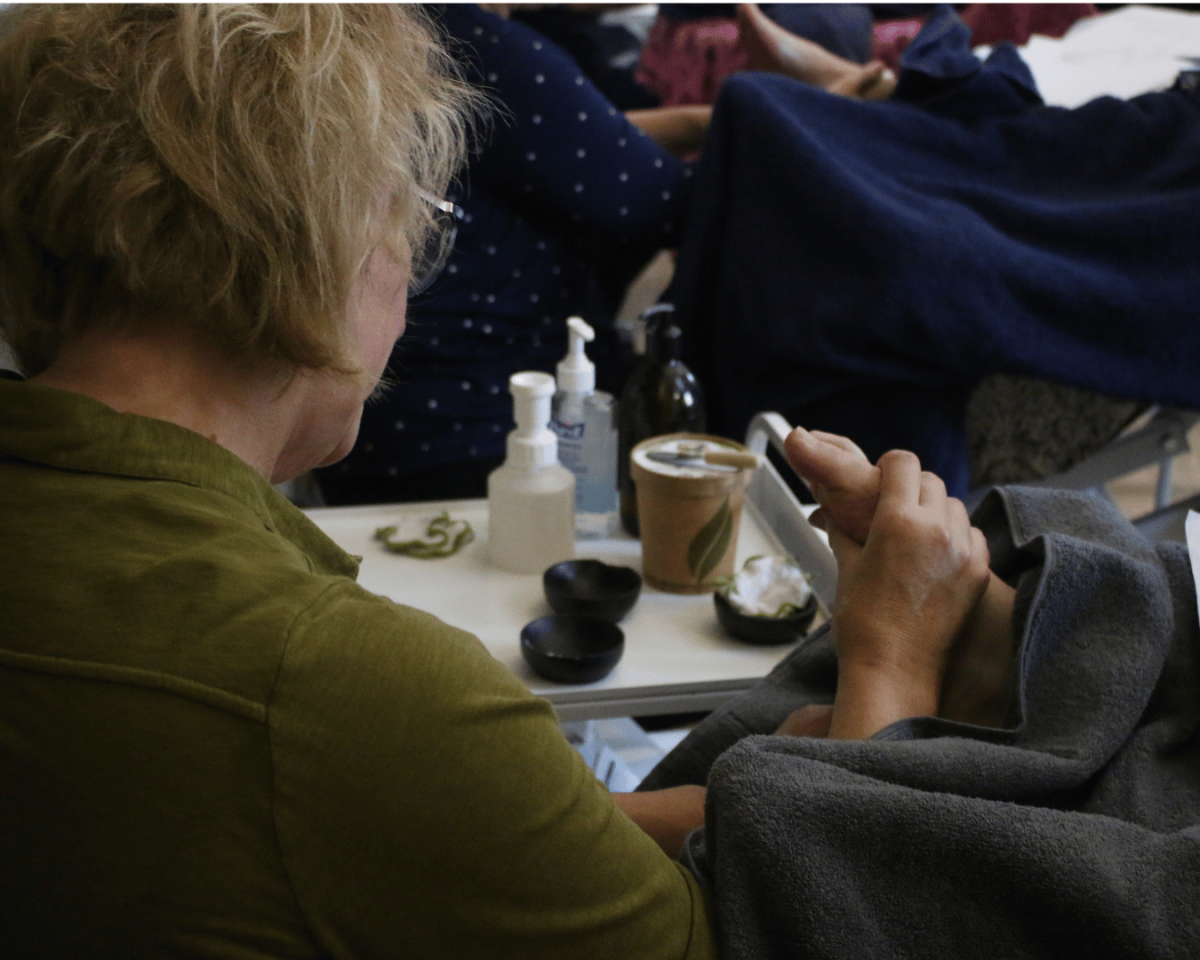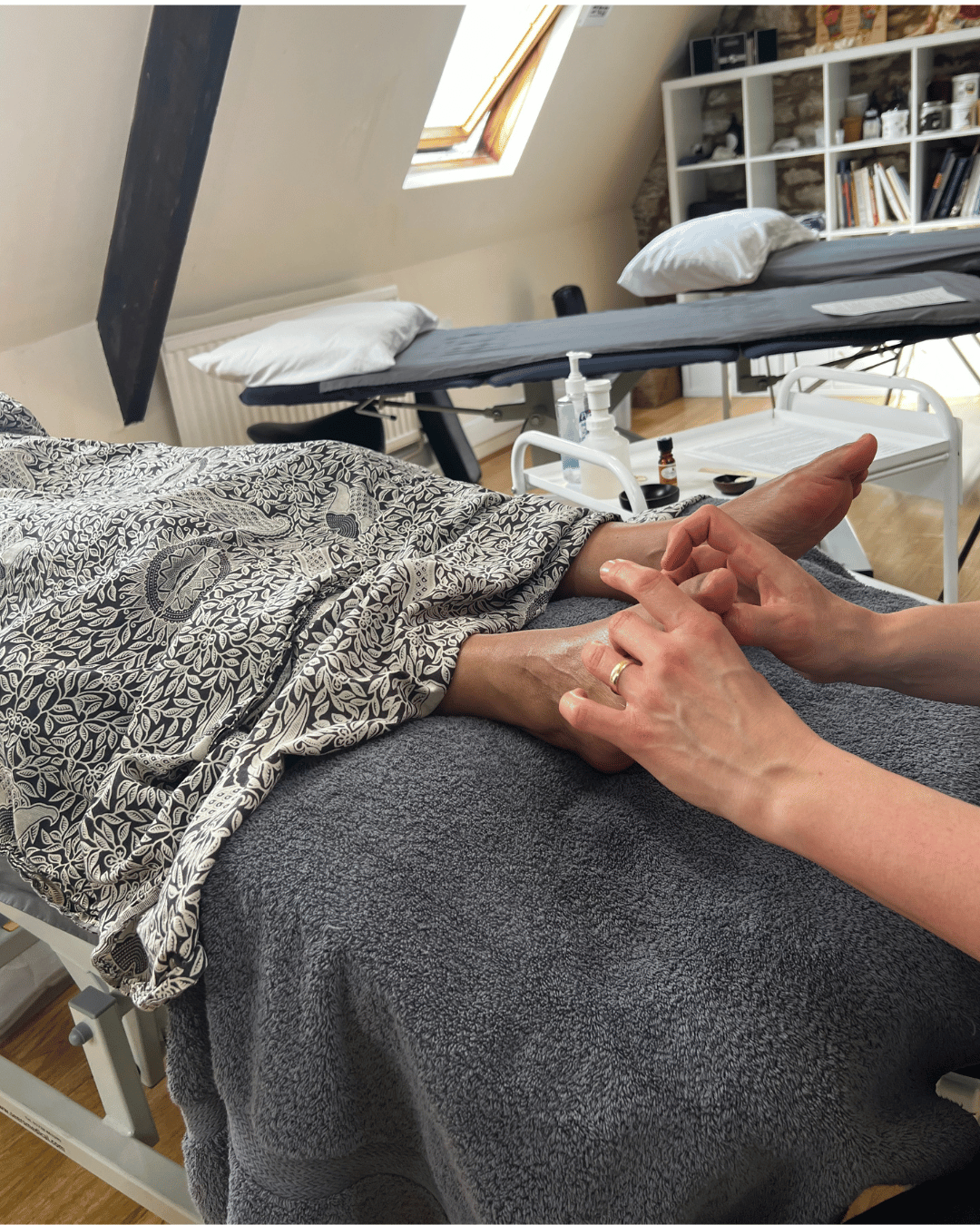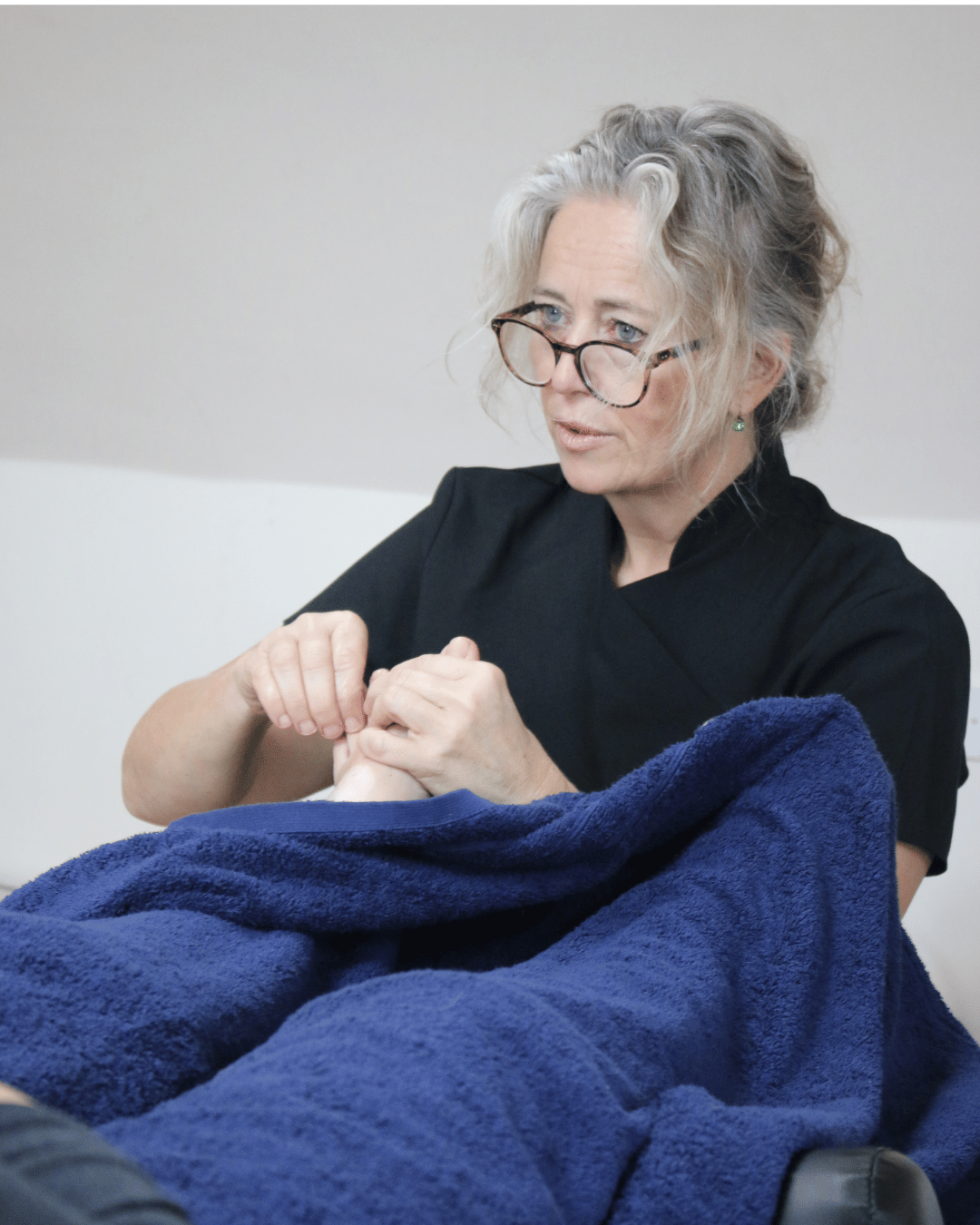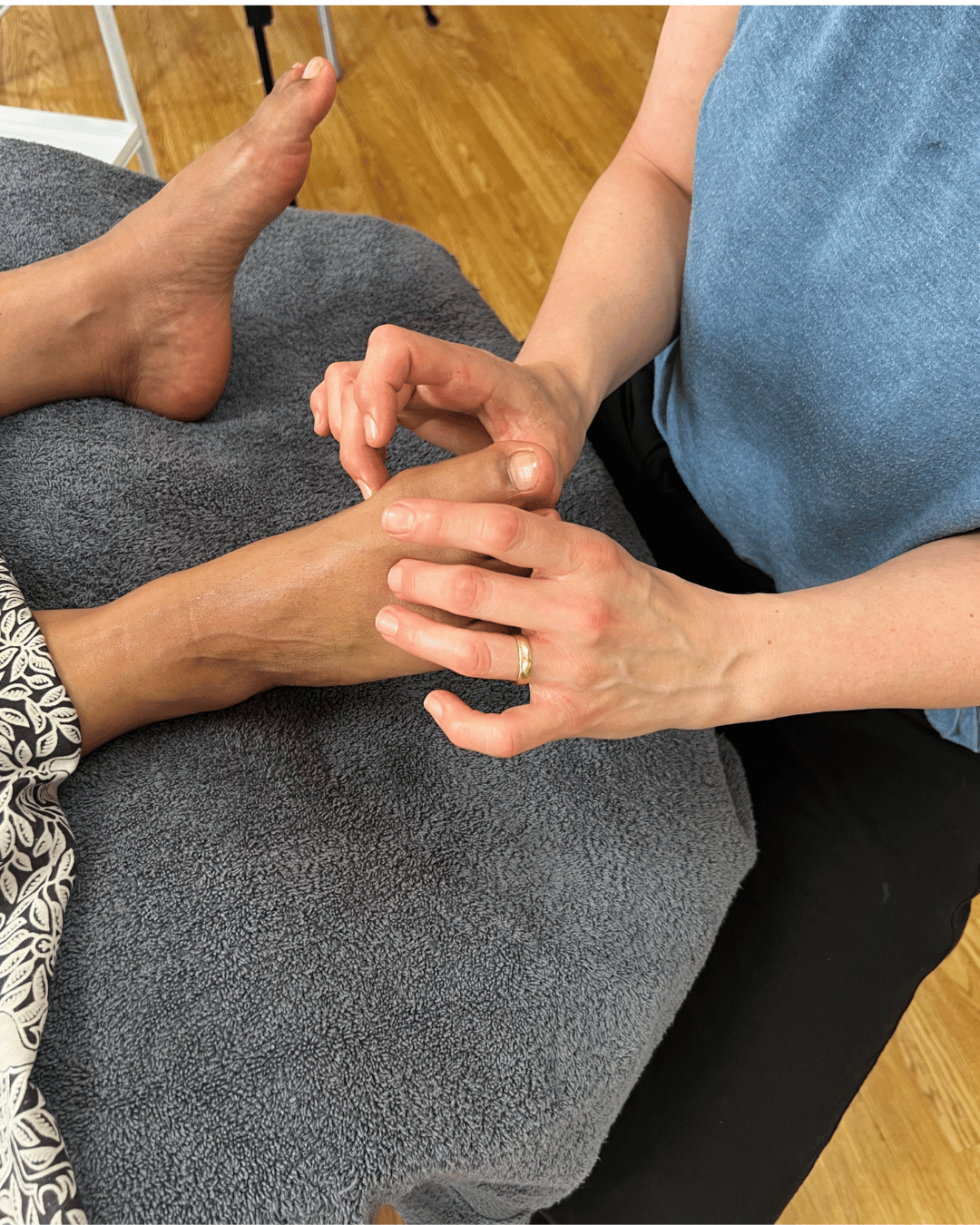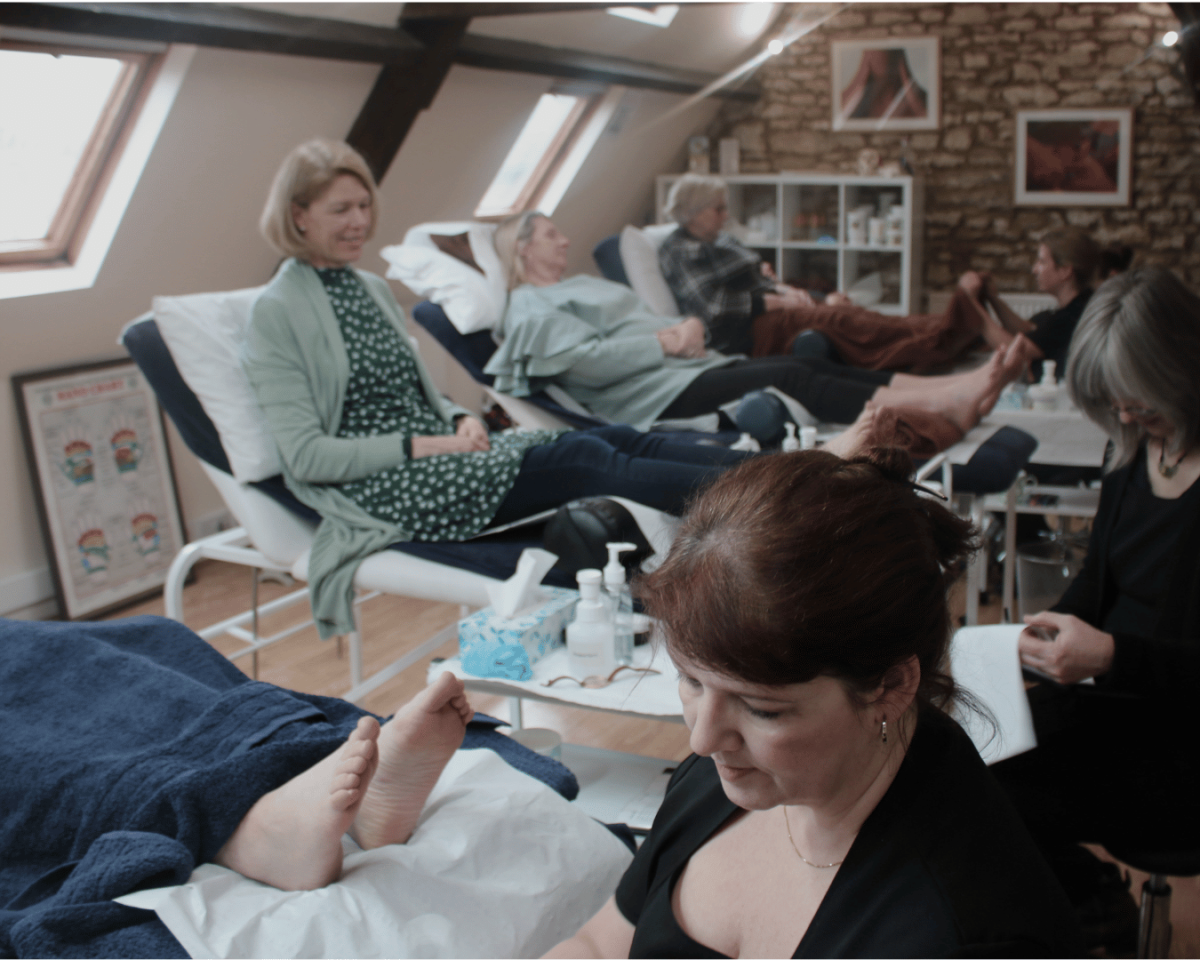Course Overview
Professional reflexology qualifications with a blend of interactive online home study and class attendance
You will learn to read the reflex zones and areas of the feet and hands and how they mirror the body systems and organs. By applying specific techniques to these reflex points, we can help to rebalance the whole body and promote wellbeing.
You can explore the different areas of the course below:
This is an age old therapeutic technique that many clients can benefit from and is one of the few practices that can be offered safely as relief to cancer patients. This course would benefit anyone new to the industry as well as a therapists wanting to expand their skill base, allowing you to operate your own clinic, or gain employment in the leisure or care industries.
Ideal for anyone looking to begin a new career or have a new income stream alongside an existing career.
Strive for excellence learning to truly hold a space for your client, energising all systems to stimulate wellbeing of each individual as a whole and reacting to the unique needs of each client.
Upon successful completion of this course, you will be a professional reflexologist and will be able to gain insurance to practice upon the general public. The ITEC Level 3 Reflexology qualification will also allow you to join many associations such as the FHT (Federation of Holistic Therapists), CThA (Complementary Therapists Association) or AOR (Association of Reflexologists) - please note, only our Saturdays course route is accepted by the AOR due to their requirements of the attendance days being over 4 months.
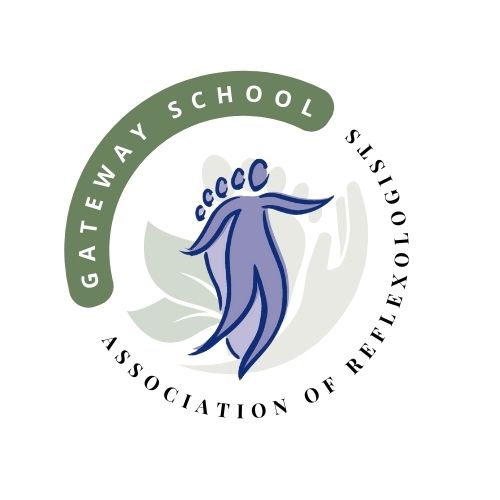
.jpg)
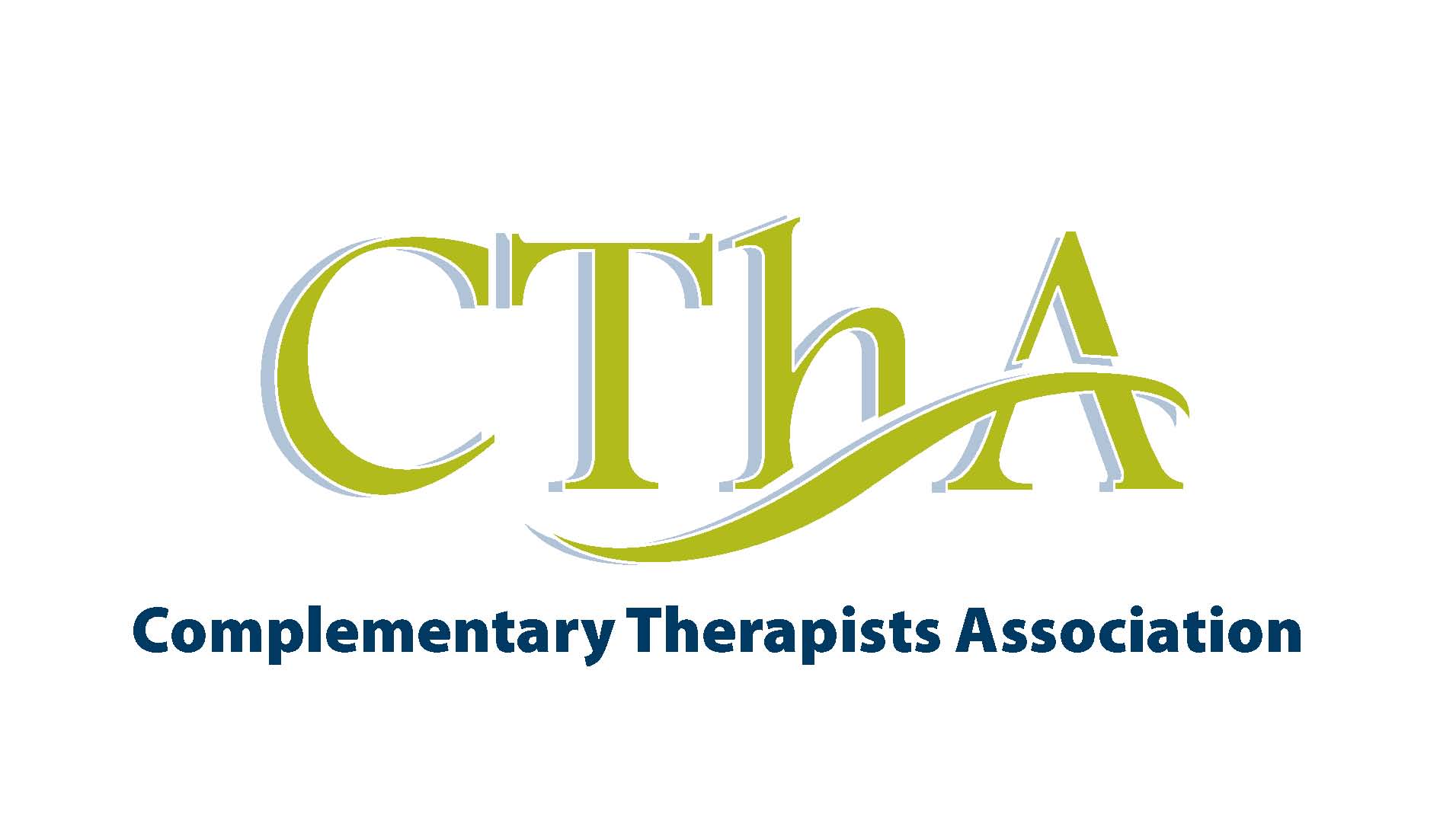
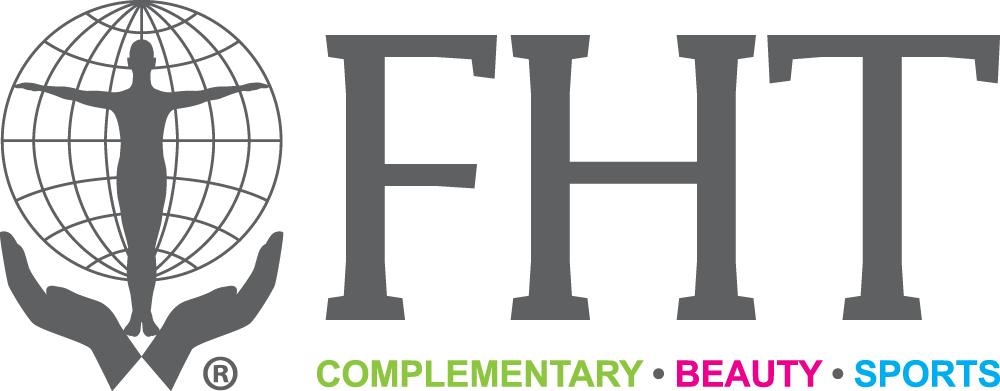
Additionally, once qualified, you will be able to continue your journey as a therapist adding to your skill base with CPD (Continued Professional Development) short courses. We offer a host of 1 and 2 day courses such as Advanced Hand Reflexology, Luxury Reflexology and Indian Head Massage to enhance your treatments and build a truly unique business that excites you and allows you to explore this incredible industry.
- Online Learning: Study Level 3 Anatomy & Physiology and Reflexology Theory through interactive e-learning with presentations, videos, materials, and quizzes. Classroom options available for A&P learning.
- Classroom Training: Choose between a 6-day Fast Track or 8-day Saturday format for in-person tuition. This reinforces theory knowledge, imparts practical hand skills, and teaches essential consultation processes.
- Starter Bundle: Receive a Tunic and Towel Bundle on your first day of classroom attendance.
- Ongoing Support: Benefit from bi-weekly Zoom catch-up calls with your tutor and peers, allowing for questions, online learning review, and case study discussions.
- Personalised Support: Schedule one-to-one video calls with your tutor when needed.
- Community Access: Join 'Thursday Evenings' for practice, learning from others, and becoming part of a therapist community.
- Small Class Sizes: Experience maximum support in small class groups (8-10 students max).
- All-Inclusive: The course cost covers ITEC Registration and final exam fees.
- Career Resources: Access our private Facebook group with local job opportunities and equipment listings.
- Business Building: Attend free workshops to enhance your entrepreneurial skills.
Check out the "Courses Syllabus" tab for detailed information of the syllabus.
You can select how you'd like to study the Anatomy & Physiology unit of your course below (this defaults to e-learning) but you can change this to classroom learning and select your preferred dates for attendance.
If you select to study the A&P via e-learning, you will have access immediately to the online home study that you can work through at your own pace. You can study the A&P unit before, alongside and after your classroom contact days. This will be delivered to you via videos, interactive presentations, written materials and quizzes.
Upon booking, you will also have immediate access to the reflexology theory online pre-learning materials. We recommend allowing yourself around 15-25 hours of study to familiarise yourself with the online theory in advance of the classroom dates. This is a guideline of hours for reviewing this learning content and may be more or less depending on your prior knowledge and learning style.
You will then attend the college for 6 days (Fast Track) or 8 days (over Saturdays) to review the theory and learn the practical application of reflexology. Your classroom attendance can be selected from the date options below.
Fast Track: This refers to how the course days are studied rather than fast tracking you through the course. When selecting the "Fast Track" course date options, you will attend for 6 consecutive days (usually Monday-Saturday). This allows you to begin your coursework as soon as you complete your block of classroom days.
Saturdays: When selecting a course date option for Saturdays, you will attend 8 Saturday classroom days; the first 6 days covering the skills to give a full treatment, and the final 2 days being clinical practice with tutor supervision. This route is designed for those looking to join the AOR. You can begin your coursework towards the end of your classroom days.
Take a look at the Assessment Criteria tab for more information on coursework and examination requirements.
) EDIT 3.png)

